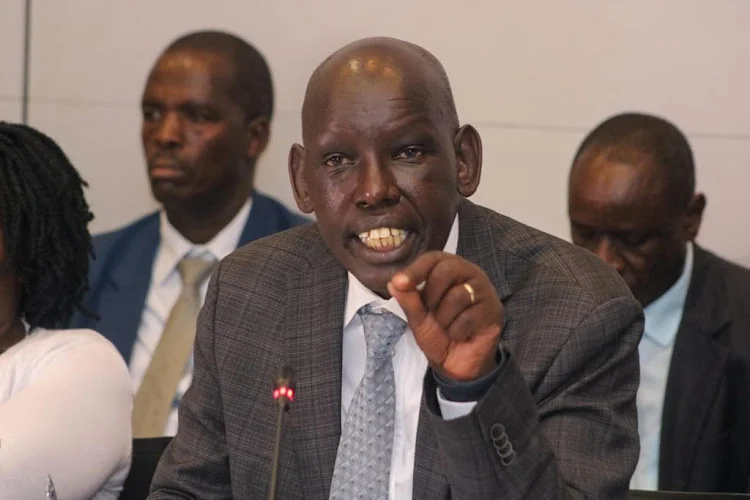
In a revelation that is sure to spark debate, the Principal Secretary for Immigration, Belio Kipsang, confirmed today that the government allocates a staggering KSh1.1 billion per year to maintain the eCitizen platform—a figure that has raised serious questions about public expenditure and digital oversight.
In a sharply candid statement, Kipsang disclosed that through a competitive procurement process, three contracted firms handle key functions: Webmasters Kenya maintains the technical infrastructure, PesaFlow manages the payment gateway, and Olive Tree oversees the feedback mechanism. Their combined monthly fees range between KSh115 million and KSh120 million, culminating in the hefty annual bill.
At the same time, the platform continues to generate unprecedented revenue: currently drawing between KSh750 million and KSh1 billion daily, a remarkable leap from the KSh60 million daily mark when the system was first adopted. All revenues funnel into the National Treasury and are then allocated to relevant ministries and departments.
The eCitizen portal hosts 22,000 services across more than 1,000 government agencies, symbolizing the government’s digital transformation drive. President Ruto’s directive from June 2023 mandated centralized eCitizen payment collection to boost transparency and reduce revenue leakage.
Yet this figure—KSh1.1 billion annually—now places pressure on taxpayers and sets off alarms over cost efficiency in public digital infrastructure. While experts praise the platform’s scale and convenience, skeptics warn that maintenance costs could balloon further, especially if the government fails to assert more ownership over its most critical digital gateway.







